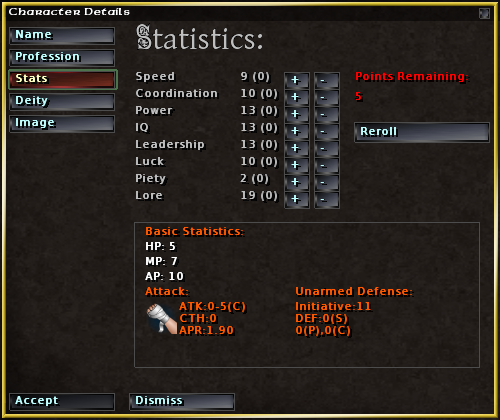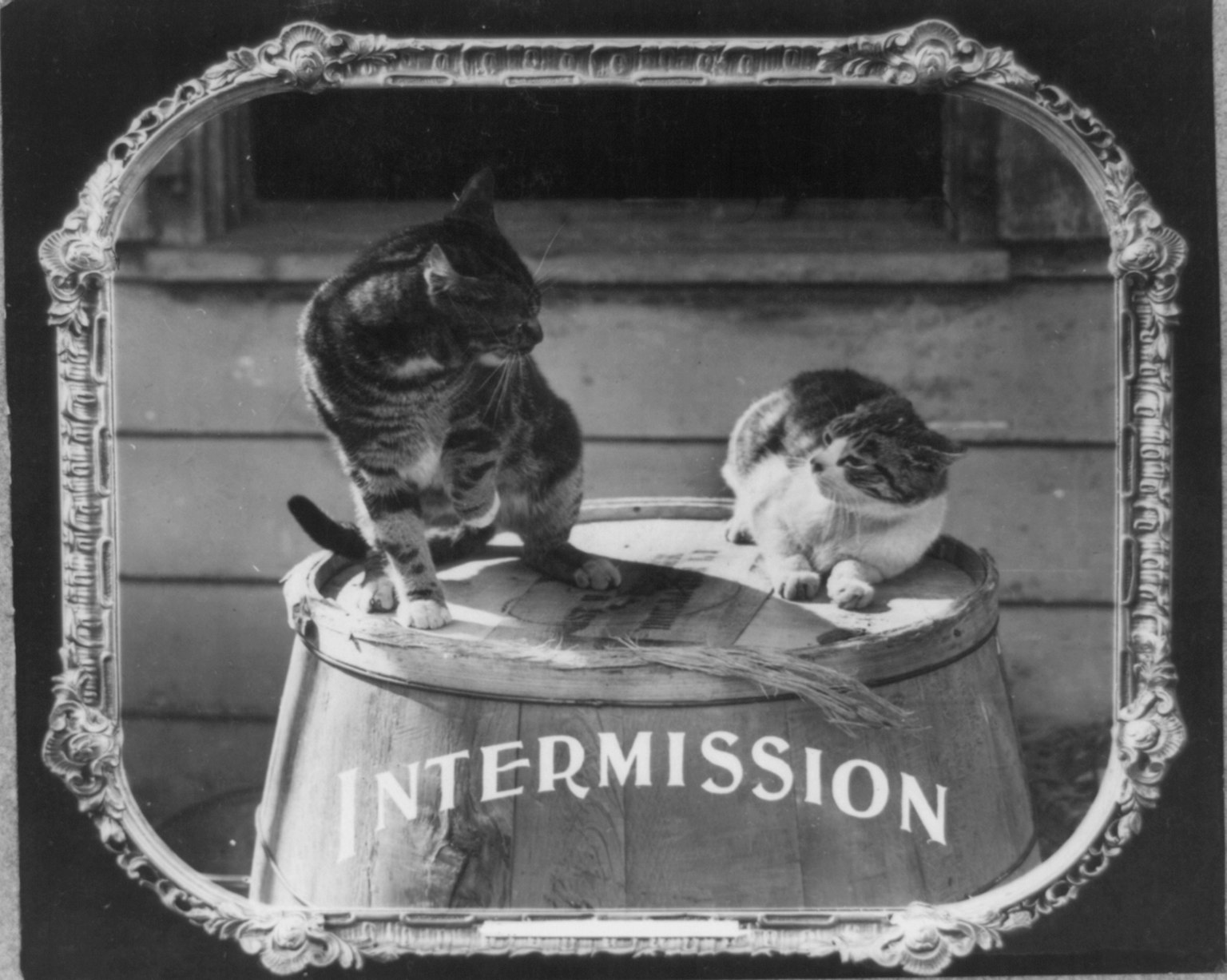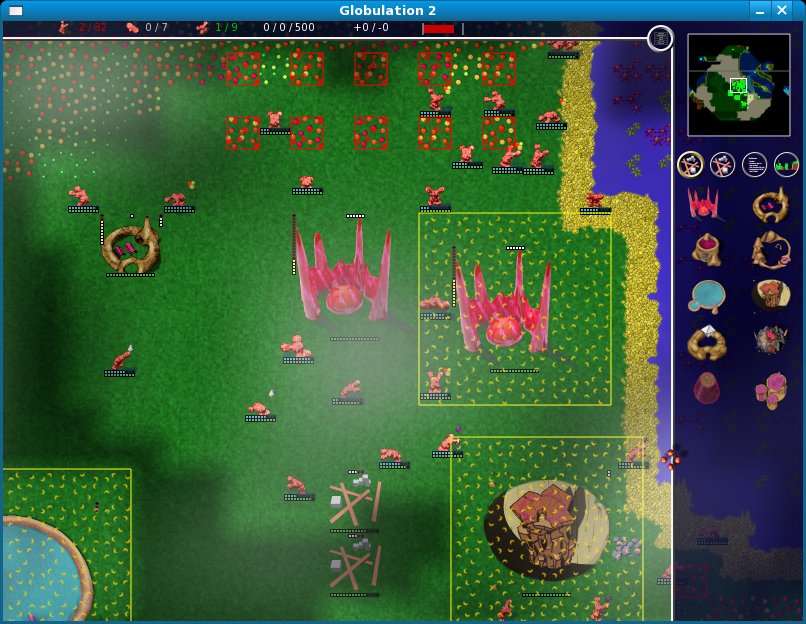|
Sakura Wars (1996 Video Game)
is a cross-genre video game developed by Sega and Red Company and published by Sega in 1996. It is the first installment in the ''Sakura Wars'' series, created by Oji Hiroi. Originally released for the Sega Saturn, it was later ported to other systems including the Dreamcast, and had a video game remake, remake for the PlayStation 2. Defined by Sega as a "dramatic adventure" game, ''Sakura Wars'' combines overlapping Tactical role-playing game, tactical role-playing, dating sim, and visual novel gameplay elements. Set in a fictionalized version of 1923 in the Taishō era, the game follows the exploits of the Imperial Combat Revue, a military unit dedicated to fighting supernatural threats against Tokyo while maintaining their cover as a theater troupe. Imperial Japanese Navy Ensign Ichiro Ogami is assigned leader of its all-female Flower Division, a group of women with magical abilities that defend Tokyo against demon attacks using steam-powered armor called Kobus. He becomes ... [...More Info...] [...Related Items...] OR: [Wikipedia] [Google] [Baidu] |
Red Company
is a video game developer and publisher based in Japan. Originally founded in 1976 as (though it did not begin doing business until 1985), it was reorganized and succeeded by a new company on December 4, 2000, under its current moniker of Red Entertainment. While Red Company as a public corporation dates back to the mid-1980s, the first title released under the Red Entertainment brand was '' Gungrave'' on July 17, 2002. The name "RED" comes from "Royal Emperor Dragon". In 2011, the company was acquired by Chinese game developer UltiZen Games Limited. In 2014, Red Entertainment was sold to Oizumi Corporation. Partial game list NEC PC Engine * '' Gate of Thunder'' * '' Lords of Thunder'' * '' PC-Genjin (Bonk)'' series * '' Galaxy Fraulein Yuna'' series * '' Tengai Makyō (Far East of Eden)'' series Nintendo Super NES * '' Chou Mahou Tairiku WOZZ'' * ''Kabuki Rocks'' * '' The Twisted Tales of Spike McFang'' * '' Tengai Makyou Zero'' GameCube * '' Tengai Makyō II: M ... [...More Info...] [...Related Items...] OR: [Wikipedia] [Google] [Baidu] |
Visual Novel
A visual novel (VN) is a form of digital interactive fiction. Visual novels are often associated with the medium of video games, but are not always labeled as such themselves. They combine a textual narrative with static or animated illustrations and a varying degree of interactivity. The format is more likely referred to as a visual novel game. Visual novels originated in and are especially prevalent in Japan, where they made up nearly 70% of the PC game titles released in 2006. In Japanese, a distinction is often made between visual novels (NVL, from "novel"), which consist primarily of narration and have very few interactive elements, and adventure games (AVG or ADV, from "adventure"), which incorporate problem-solving and other types of gameplay. This distinction is normally lost outside Japan, as both visual novels and ADV-style adventure games are commonly referred to as "visual novels" by international fans. Visual novels are rarely produced exclusively for dedicated ... [...More Info...] [...Related Items...] OR: [Wikipedia] [Google] [Baidu] |
Statistic (role-playing Games)
A statistic (or stat) in role-playing games is a piece of data that represents a particular aspect of a fictional character. That piece of data is usually a ( unitless) integer or, in some cases, a set of dice. For some types of statistics, this value may be accompanied with a descriptive adjective, sometimes called a ''specialisation'' or ''aspect'', that either describes how the character developed that particular score or an affinity for a particular use of that statistic (like ''Specialisations'' in '' Ars Magica'' or ''Attribute Aspects'' in ''Aria''). Most games divide their statistics into several categories. The set of categories actually used in a game system, as well as the precise statistics within each category, vary greatly. The most often used types of statistic include: * Attributes describe to what extent a character possesses natural, in-born characteristics common to all characters. * Advantages and disadvantages are useful or problematic characteristics th ... [...More Info...] [...Related Items...] OR: [Wikipedia] [Google] [Baidu] |
Health (game Terminology)
Health is a video game or tabletop game quality that determines the maximum amount of damage or fatigue something takes before leaving the main game. In role-playing games, this typically takes the form of hit points (HP), a numerical attribute representing the health of a character or object. The game character can be a player character, a boss, or a mob. Health can also be attributed to destructible elements of the game environment or inanimate objects such as vehicles and their individual parts. In video games, health is often represented by visual elements such as a numerical fraction, a health bar or a series of small icons, though it may also be represented acoustically, such as through a character's heartbeat. Mechanics In video games, as in tabletop role-playing games, an object usually loses health as a result of being attacked. Protection points or armor help them to reduce the damage taken. Characters acting as tanks usually have more health and armor. In many gam ... [...More Info...] [...Related Items...] OR: [Wikipedia] [Google] [Baidu] |
Intermission
An intermission, also known as an interval in British and Indian English, is a break between parts of a performance or production, such as for a play (theatre), theatrical play, opera, concert, or film screening. It should not be confused with an entr'acte (French: "between acts"), which, in the 18th century, was a sung, danced, spoken, or musical performance that occurs between any two acts, that is unrelated to the main performance, and that thus in the world of opera and musical theater became an orchestral performance that spans an intermission and leads, without a break, into the next act. Jean-François Marmontel and Denis Diderot both viewed the intermission as a period in which the action did not in fact stop, but continued off-stage. "The interval is a rest for the spectators; not for the action," wrote Marmontel in 1763. "The characters are deemed to continue acting during the interval from one act to another." However, intermissions are more than just dramatic pauses ... [...More Info...] [...Related Items...] OR: [Wikipedia] [Google] [Baidu] |
Turn-based Strategy
Strategy video game is a major video game genre that focuses on analyzing and strategizing over direct quick reaction in order to secure success. Although many types of video games can contain strategic elements, the strategy genre is most commonly defined by a primary focus on high-level strategy, logistics and resource management. They are also usually divided into two main sub-categories: turn-based and real-time, but there are also many strategy cross/sub-genres that feature additional elements such as tactics, diplomacy, economics and exploration. Typical experience A player must plan a series of actions against one or more opponents, and the reduction of enemy forces is usually a goal. Victory is achieved through superior planning, and the element of chance takes a smaller role. In most strategy video games, the player is given a godlike view of the game world, and indirectly controls game units under their command. Thus, most strategy games involve elements of warfare ... [...More Info...] [...Related Items...] OR: [Wikipedia] [Google] [Baidu] |
Thou Shalt Not Die
The word ''thou'' () is a second-person singular pronoun in English. It is now largely archaic, having been replaced in most contexts by the word ''you'', although it remains in use in parts of Northern England and in Scots (). ''Thou'' is the nominative form; the oblique/objective form is ''thee'' (functioning as both accusative and dative); the possessive is ''thy'' (adjective) or ''thine'' (as an adjective before a vowel or as a possessive pronoun); and the reflexive is ''thyself''. When ''thou'' is the grammatical subject of a finite verb in the indicative mood, the verb form typically ends in ''-(e)st'' (e.g., "thou goest", "thou do(e)st"), but in some cases just ''-t'' (e.g., "thou art"; "thou shalt"). Originally, ''thou'' (in , ) was simply the singular counterpart to the plural pronoun '' ye'', derived from an ancient Indo-European root. In Middle English, ''thou'' was sometimes represented with a scribal abbreviation that put a small "u" over the letter thorn: � ... [...More Info...] [...Related Items...] OR: [Wikipedia] [Google] [Baidu] |
Fan Translation
Fan translation (or user-generated translation) refers to the unofficial translation of various forms of written or multimedia products made by fans (fan labor), often into a language in which an official translated version is not yet available. Generally, fans do not have formal training as translators but they volunteer to participate in translation projects based on interest in a specific audiovisual genre, TV series, movie, etc. Media Notable areas of fan translation include: * Fansubbing – The subtitling of movies, television programs, video games and other audiovisual media by a network of fans. For many languages, the most popular fan subtitling is of Hollywood movies and American TV dramas, while fansubs into English and Hindi are largely of East Asian entertainment, particularly anime and tokusatsu. *Fan translation of video games – this practice grew with the rise of video game console emulation in the late 1990s and still mainly focuses on older classic gam ... [...More Info...] [...Related Items...] OR: [Wikipedia] [Google] [Baidu] |
Imperial Japanese Navy
The Imperial Japanese Navy (IJN; Kyūjitai: Shinjitai: ' 'Navy of the Greater Japanese Empire', or ''Nippon Kaigun'', 'Japanese Navy') was the navy of the Empire of Japan from 1868 to 1945, Potsdam Declaration, when it was dissolved following surrender of Japan, Japan's surrender in World War II. The Japan Maritime Self-Defense Force (JMSDF) was formed between 1952 and 1954 after the dissolution of the IJN. The IJN was the third largest navy in the world by 1920, behind the Royal Navy and the United States Navy (USN). It was supported by the Imperial Japanese Navy Air Service for reconnaissance and airstrike operations from the fleet. It was the primary opponent of the Allies of World War II, Western Allies in the Pacific War. The IJN additionally fielded Imperial Japanese Navy land forces, limited land-based forces, including Special Naval Landing Forces, professional marines, Japanese marine paratroopers of World War II, marine paratrooper units, anti-aircraft defense units ... [...More Info...] [...Related Items...] OR: [Wikipedia] [Google] [Baidu] |
PlayStation 2
The PlayStation 2 (PS2) is a home video game console developed and marketed by Sony Interactive Entertainment, Sony Computer Entertainment. It was first released in Japan on 4 March 2000, in North America on 26 October, in Europe on 24 November, in Australia on 30 November, and other regions thereafter. It is the successor to the PlayStation (console), original PlayStation, as well as the second instalment in the PlayStation brand of consoles. As a sixth generation of video game consoles, sixth-generation console, it competed with Nintendo's GameCube, Sega's Dreamcast, and Microsoft's Xbox (console), Xbox. Announced in 1999, Sony began developing the console after the immense success of its predecessor. In addition to serving as a game console, it features a built-in DVD drive and was priced competitively with standalone DVD players of the time, enhancing its value. Full backward compatibility with original PlayStation games and accessories gave it access to a vast launch libra ... [...More Info...] [...Related Items...] OR: [Wikipedia] [Google] [Baidu] |
Video Game Remake
A video game remake is a video game closely adapted from an earlier title, usually for the purpose of modernizing a game with updated graphics for newer hardware and gameplay for contemporary audiences. Typically, a remake of such game software shares essentially the same title, fundamental gameplay concepts, and core story elements of the original game, although some aspects of the original game may have been changed for the remake. Remakes are often made by the original developer or copyright holder, and sometimes by the fan community. If created by the community, video game remakes are sometimes also called fangames and can be seen as part of the retro gaming phenomenon. Definition A remake offers a newer interpretation of an older work, characterized by updated or changed assets. For example, '' The Legend of Zelda: Ocarina of Time 3D'' and '' The Legend of Zelda: Majora's Mask 3D'' for the Nintendo 3DS are considered remakes of their original versions for the Ninten ... [...More Info...] [...Related Items...] OR: [Wikipedia] [Google] [Baidu] |






